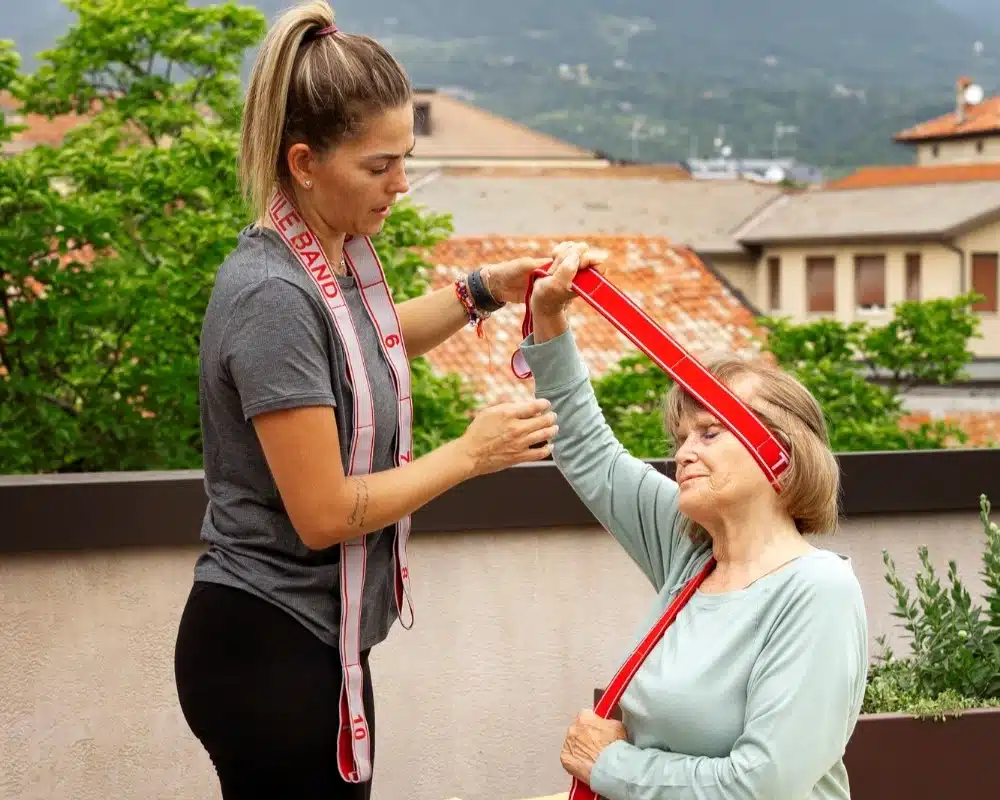Understanding the Basics of Exercise Physiology
Exercise physiology is a fascinating field that explores how our bodies respond to physical activity. It delves into the intricate workings of our cardiovascular, respiratory, and muscular systems. Understanding these processes is crucial for designing effective exercise programs.
Exercise physiologists play a vital role in healthcare. They tailor exercise plans to meet individual needs, considering factors like age, health, and cultural background. This personalised approach enhances patient engagement and adherence.
The field is essential in managing chronic diseases and improving overall health. It also supports athletes in optimising performance. As awareness of physical activity’s benefits grows, so does the demand for exercise physiologists.
Culturally sensitive exercise programs are key to better health outcomes. They foster trust and engagement, especially in diverse communities. By embracing diversity, exercise physiology empowers individuals to lead healthier, more fulfilling lives.

What is Exercise Physiology?
Exercise physiology is a fascinating field that explores how our bodies respond to physical activity. It delves into the intricate workings of our cardiovascular, respiratory, and muscular systems. Understanding these processes is crucial for designing effective exercise programs.
Exercise physiologists play a vital role in healthcare. They tailor exercise plans to meet individual needs, considering factors like age, health, and cultural background. This personalised approach enhances patient engagement and adherence.
The field is essential in managing chronic diseases and improving overall health. It also supports athletes in optimising performance. As awareness of physical activity’s benefits grows, so does the demand for exercise physiologists.
Culturally sensitive exercise programs are key to better health outcomes. They foster trust and engagement, especially in diverse communities. By embracing diversity, exercise physiology empowers individuals to lead healthier, more fulfilling lives.
Benefits of Exercise Physiology for Diverse Populations
Exercise physiology offers numerous benefits for diverse populations by addressing specific cultural and health needs. Tailored exercise programs can significantly enhance engagement and adherence, leading to improved health outcomes for individuals from varied backgrounds.
The field plays a critical role in managing and preventing chronic conditions such as diabetes and heart disease. Through culturally sensitive approaches, exercise physiologists can effectively support patients in achieving better health.
Additionally, exercise physiology contributes to mental well-being by reducing stress and enhancing mood. This is particularly important for minority populations, who may face unique mental health challenges.
- Increased cultural awareness in program design
- Support for managing chronic conditions
- Enhanced mental health and well-being
By understanding and respecting cultural differences, exercise physiologists empower individuals to improve their physical health and overall quality of life.

Key Principles of Exercise Physiology
Firstly, the principle of specificity suggests that the body adapts specifically to the demands placed on it. This means that exercise programs should match the specific goals and needs of the individual.
Secondly, the overload principle highlights that to improve fitness, the body must be challenged beyond its usual levels. By progressively increasing exercise intensity, duration, or frequency, individuals can enhance their physical capabilities.
Thirdly, the principle of recovery underscores the importance of rest. Adequate recovery is essential for the body to heal and adapt to new physical challenges.
These principles ensure that exercise programs are not just effective but also safe and sustainable, considering an individual’s unique health profile. By applying these principles, exercise physiologists can create programs that maximise health benefits while minimising risks.
The Role of Exercise Physiologists in Healthcare
Exercise physiologists play a vital role in healthcare by promoting physical activity. They use their expertise to design personalised exercise plans tailored to each person’s health status and goals.
They work closely with other healthcare providers to ensure patients receive holistic care that supports their physical, mental and emotional wellbeing. Their contribution is especially valuable in rehabilitation, where targeted exercise programs can aid recovery and improve overall outcomes.
Exercise physiologists also focus on prevention. By educating individuals on the benefits of regular physical activity, they help reduce the risk and impact of chronic health conditions.
- Rehabilitation program design
- Chronic disease management
- Rehabilitation program design
With their diverse skill set, exercise physiologists empower patients to lead healthier, more active lives.
Culturally Sensitive Approaches in Exercise Physiology
Culturally sensitive approaches are vital in exercise physiology to meet diverse patient needs. Personalising care with cultural insights helps build trust and rapport, which is crucial for effective health interventions.
Exercise physiologists must consider cultural norms and beliefs when designing programs. This approach fosters a sense of inclusion, ensuring individuals feel respected and understood in their journey to better health.
Creating culturally sensitive exercise programs requires active listening and collaboration. Involving patients in their care plans empowers them and enhances satisfaction and outcomes.
- Respecting cultural traditions and beliefs
- Personalising programs with patient input
- Encouraging open dialogue and feedback
By implementing these strategies, exercise physiologists can offer care that truly respects and honors the cultural backgrounds of the communities they serve.
How to Find Exercise Physiology Services Near You
Finding exercise physiology services nearby involves several steps. Begin by researching local healthcare centers and fitness facilities online. Many of these institutions offer specialised programs.
In addition, ask for referrals from healthcare providers or community health workers. This can help locate trusted exercise physiologists who understand the community’s needs.
- Search online for "exercise physiology near me"
- Consult healthcare professionals for recommendations
- Explore community centers and fitness clubs
- GHCA will always help you to find your suitable exercise physiology specialist
By implementing these strategies, exercise physiologists can offer care that truly respects and honors the cultural backgrounds of the communities they serve.
Exercise Physiology Careers and Education Pathways
Pursuing a career in exercise physiology offers diverse opportunities. Professionals in this field work in hospitals, research institutions, and fitness centres. Educational programs at the undergraduate and graduate levels provide comprehensive training.
To embark on this career path, one must complete relevant coursework and gain practical experience. Continuous learning through workshops and certifications is also essential.
- Bachelor's degree in exercise science or related field
- Graduate degree for advanced practice and specialisation
- Certification and continuing education for career advancement
These pathways ensure exercise physiologists are equipped to meet evolving healthcare needs, fostering a culture of health and well-being.
The Future of Exercise Physiology: Technology and Innovation
Exercise physiology is evolving rapidly, driven by technology and innovation. Tools like wearable devices enhance monitoring, offering real-time feedback. These advancements facilitate personalised care, optimising exercise protocols.
Integration of digital platforms is also transforming how we approach exercise physiology. Apps and online programs expand access to tailored exercise guidance.
- Wearable devices for monitoring
- Digital platforms for accessibility
- Personalised exercise protocols
As technology advances, it holds the promise to further empower individuals, improve healthcare outcomes, and inspire a more active lifestyle for diverse populations.
Conclusion: Empowering Health Through Exercise Physiology
Exercise physiology offers transformative potential, enhancing health and quality of life for diverse individuals. By understanding physiological responses, we can design effective, person-centered exercise programs.
Prioritising cultural sensitivity in these programs boosts engagement, ensuring they are inclusive and effective. Embrace this powerful field to foster healthier, more resilient communities.





